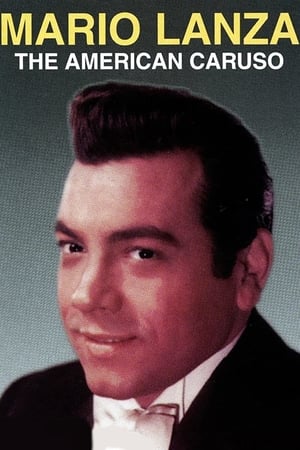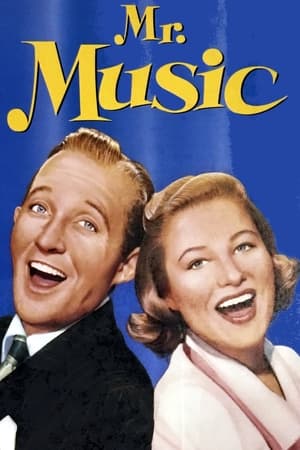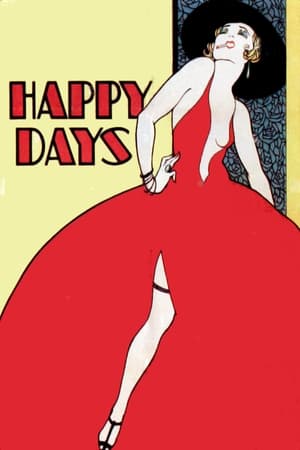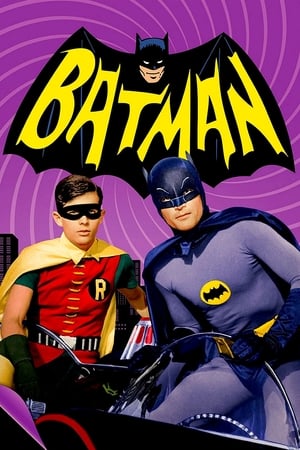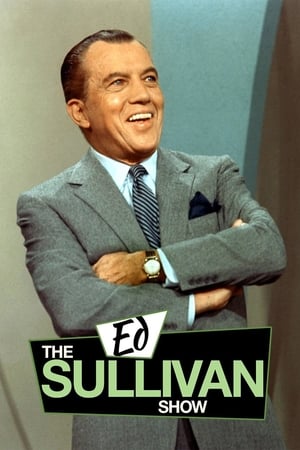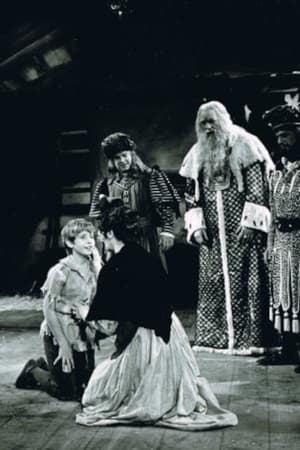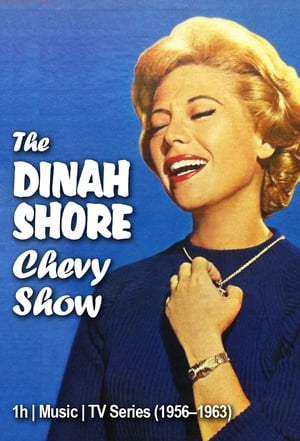Biography
Dorothy Kirsten (July 6, 1910, Montclair, New Jersey – November 18, 1992, Los Angeles, California) was an American operatic soprano. Kirsten's mother was an organist and music teacher, her grandfather was a conductor, and her great-aunt, Catherine Hayes, was also an opera singer. She left high school at age 16 and worked for the Singer Corporation sewing machine company and for New Jersey Bell, studying voice in her spare time. Her teacher, Louis Darnay, eventually employed her as a secretary and maid.
In addition to her operatic activities, she sang on radio with Frank Sinatra (co-starring with him in Light-Up Time), Bing Crosby, Nelson Eddy, Jack Benny, and Perry Como. She also appeared in two films, Mr. Music (1950) and The Great Caruso (1951).
In 1965, she appeared on the Firestone album series, Your Favorite Christmas Music, Volume 4, singing "I Wonder As I Wander" and "Joy to the World".
Her last performance with the Met was on February 10, 1979 as the title role in Tosca. From Wikipedia (us), the free encyclopedia

